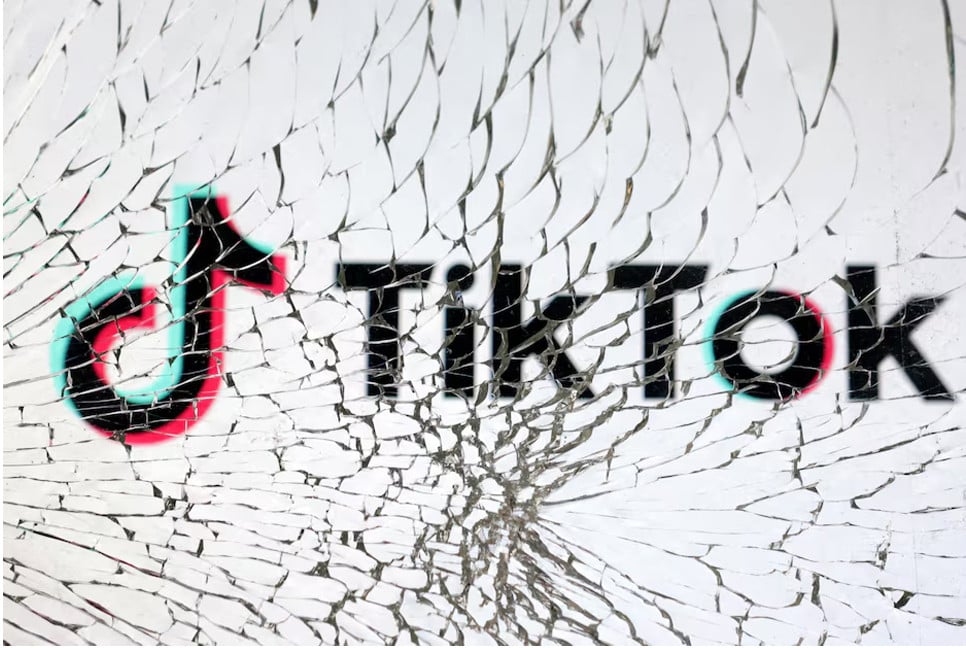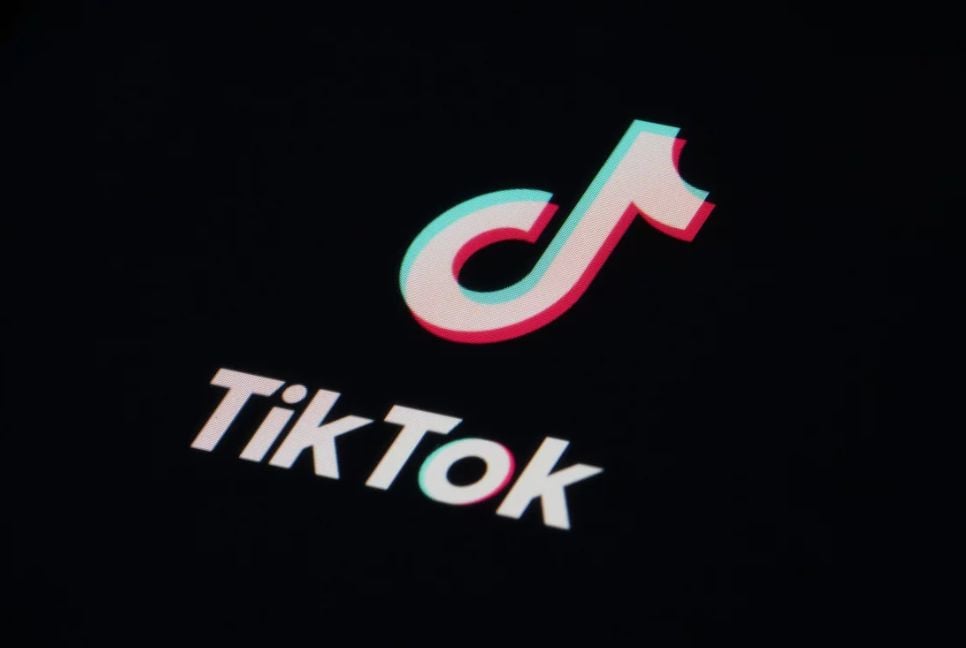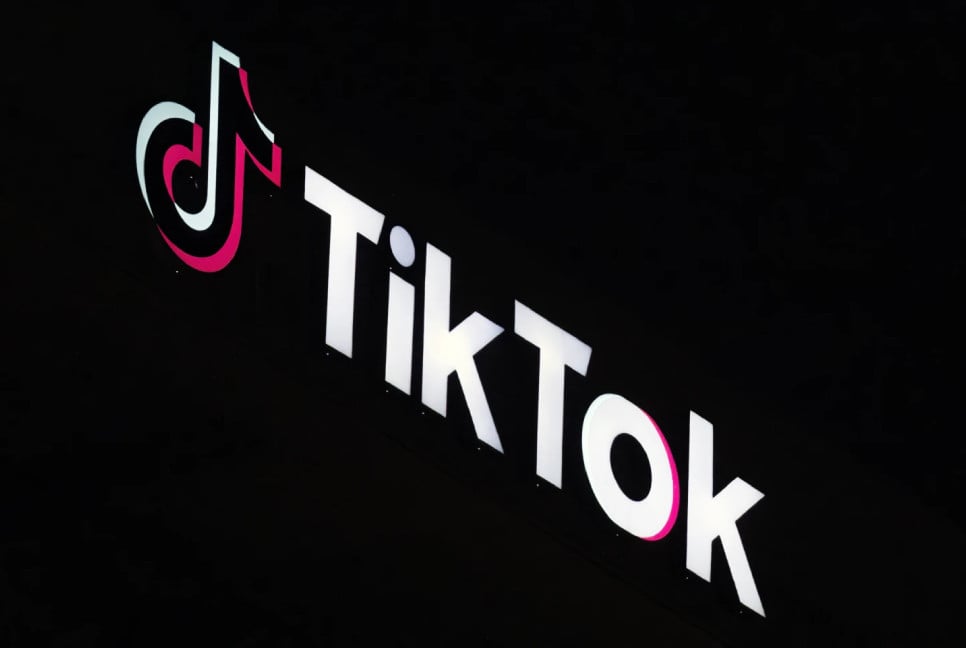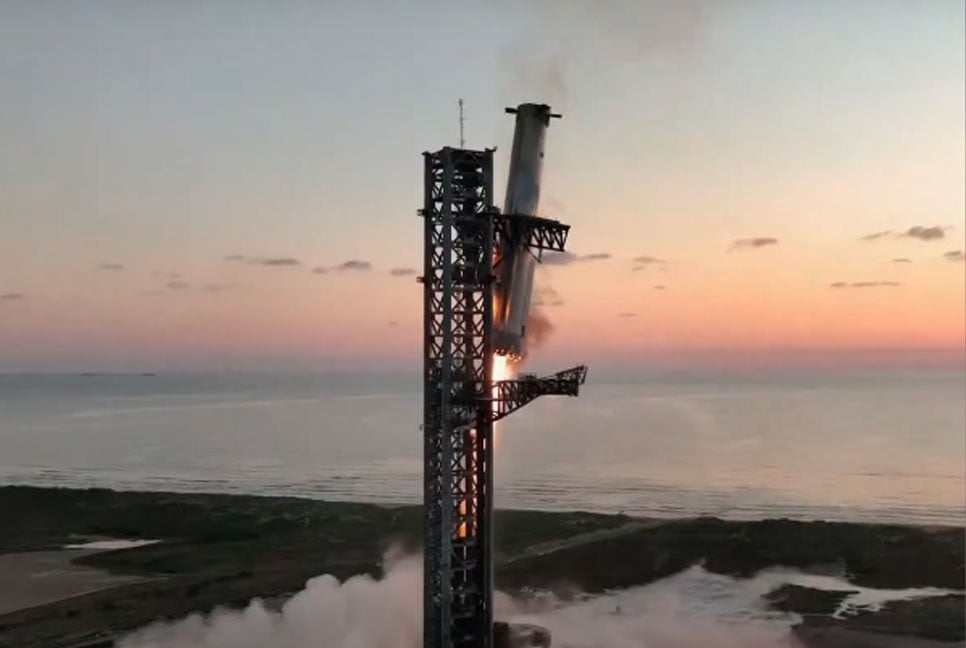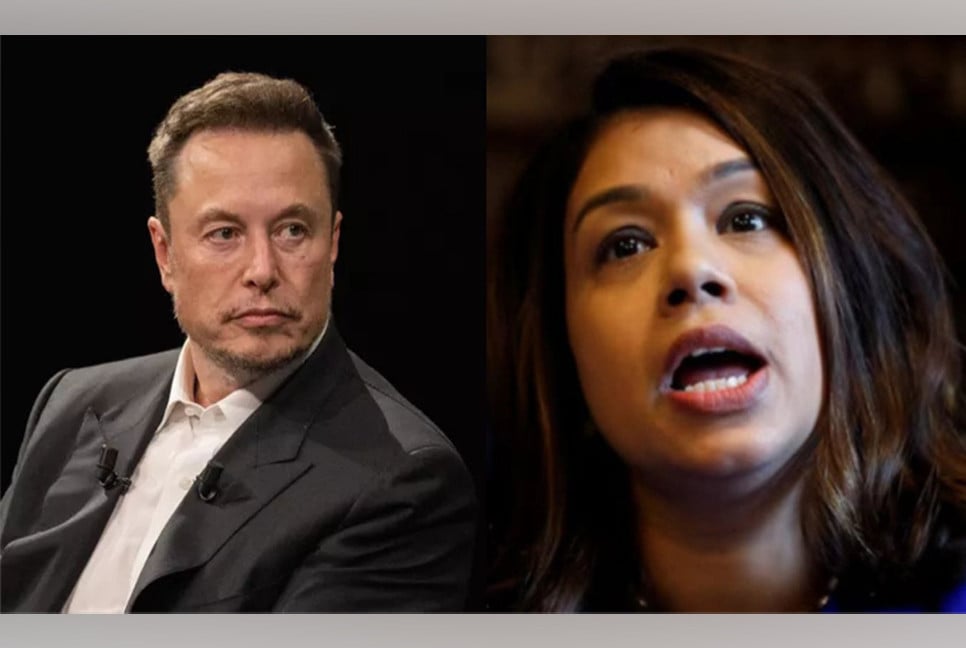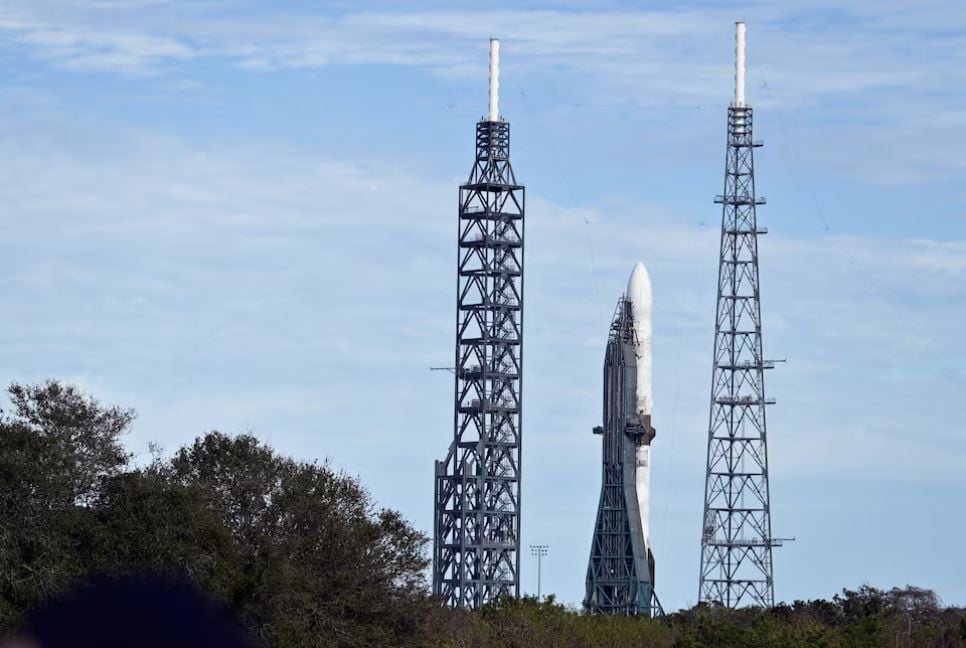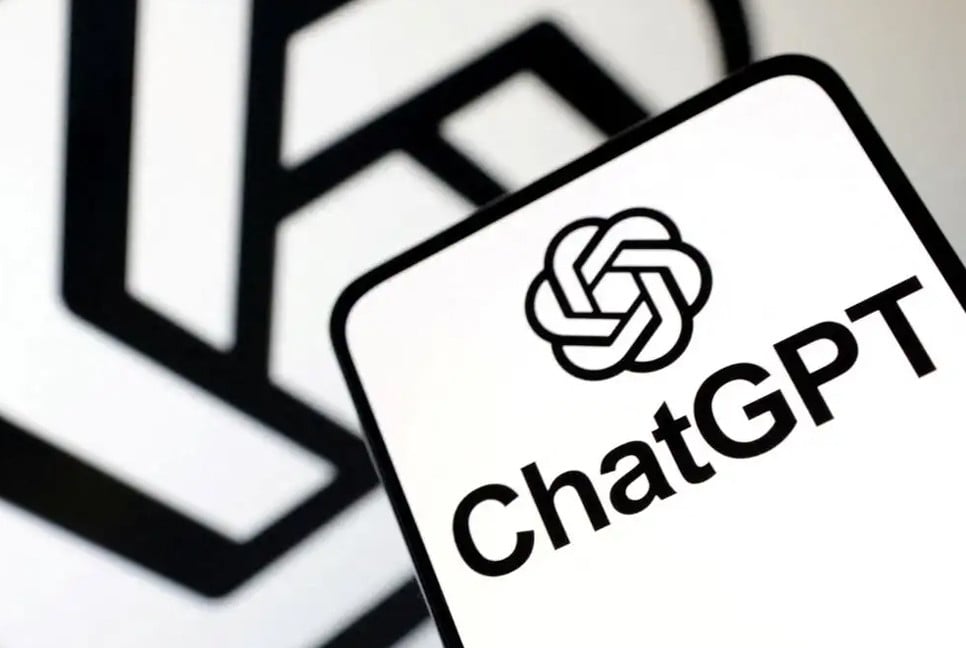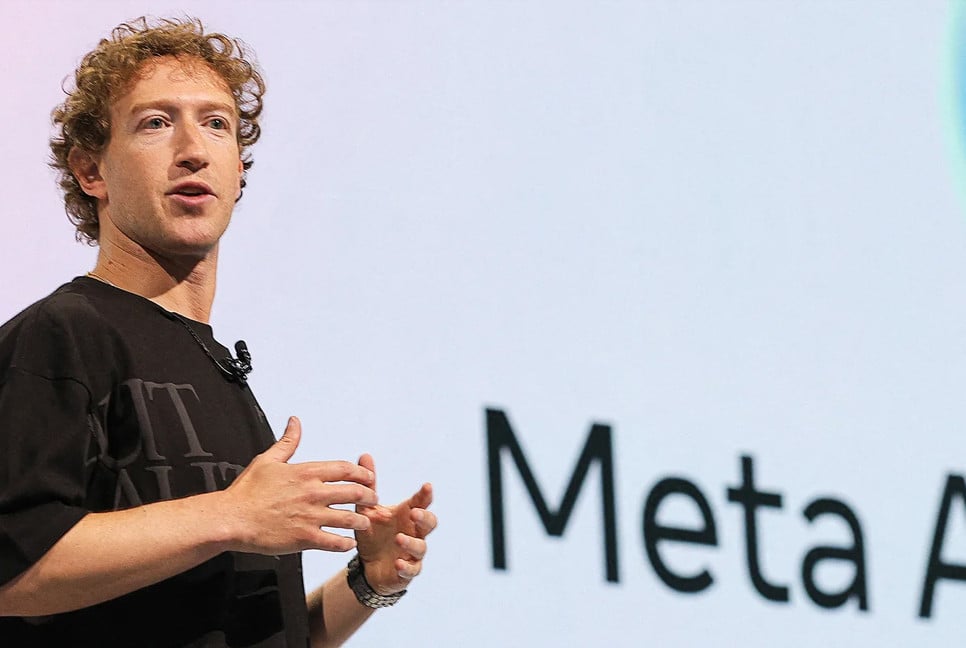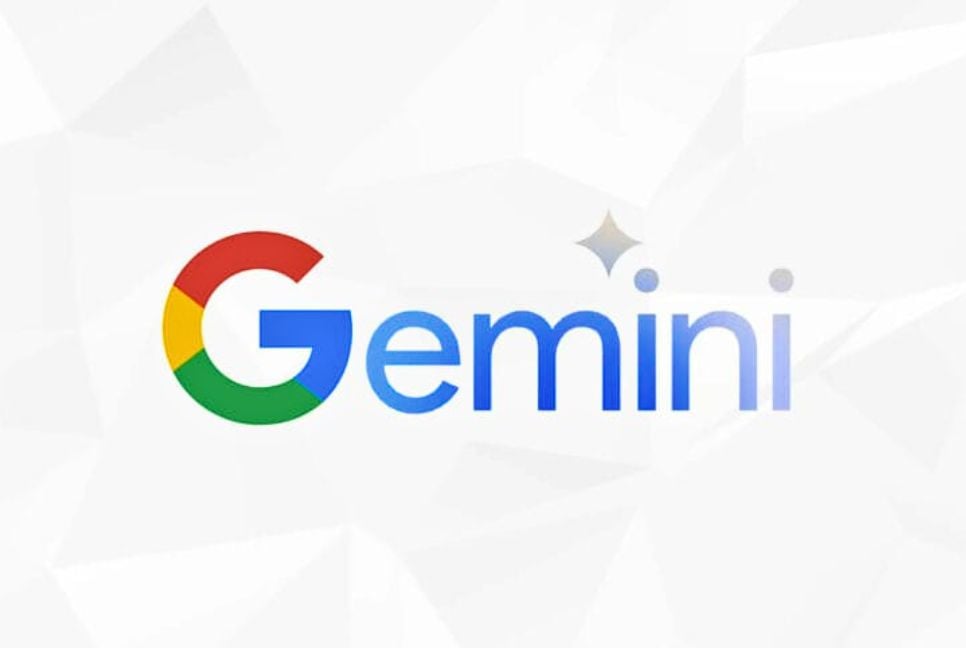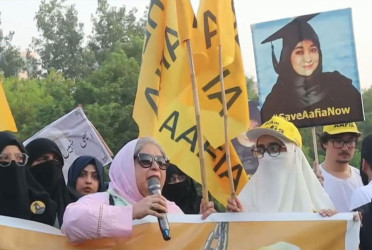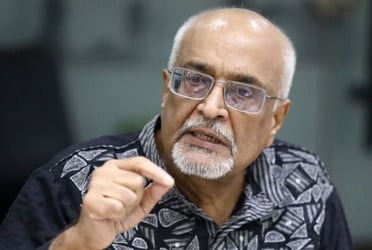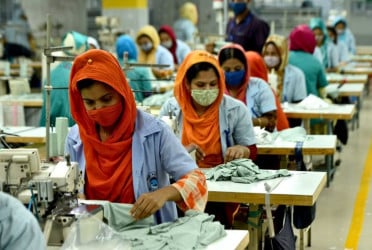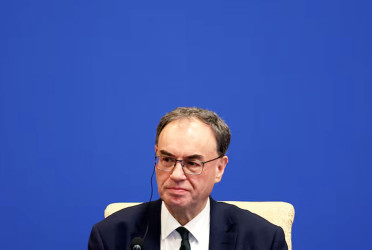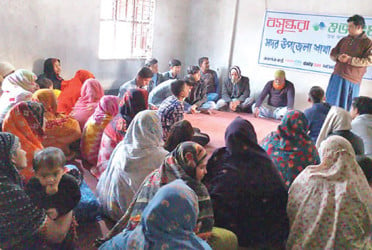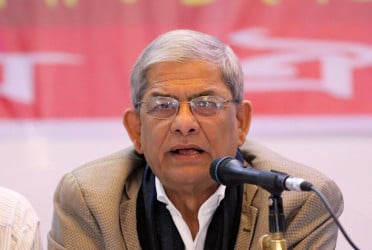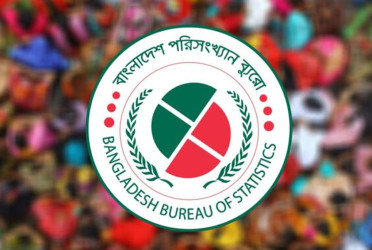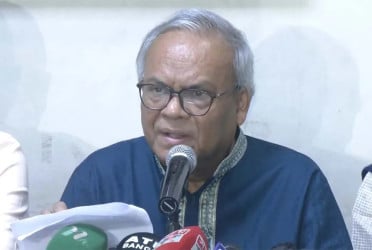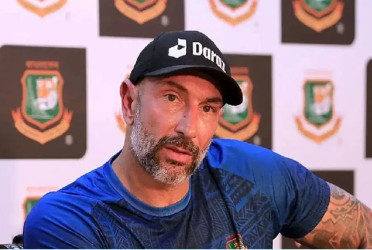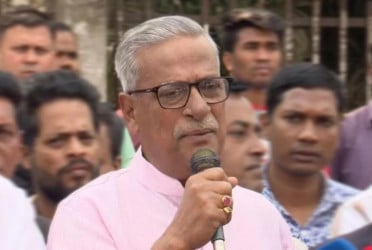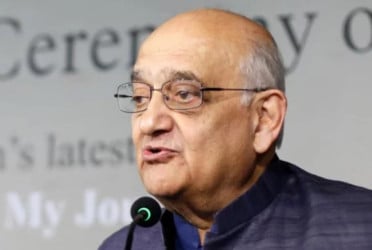On Thursday, Australia's centre-left government presented a new bill in parliament aimed at prohibiting social media use for children under the age of 16. The proposed legislation also includes provisions for hefty fines of up to A$49.5 million ($32 million) for social media platforms found to be in systemic violation of the rules. As part of the initiative, Australia plans to test an age-verification system, potentially involving biometrics or government-issued identification, to enforce the social media age limit—marking one of the most stringent regulatory measures seen globally.
The proposed legislation sets the strictest age limit for social media use worldwide, with no exceptions for parental consent or for pre-existing accounts. "This is a landmark reform. We know some kids will find workarounds, but we're sending a message to social media companies to clean up their act," said Prime Minister Anthony Albanese in a statement. While the opposition Liberal Party has expressed support for the bill, both independents and the Green Party have called for more details on the law. The new measures would affect major platforms including Meta Platforms' Instagram and Facebook, ByteDance's TikTok, Elon Musk's X, and Snapchat.
Albanese emphasized that while the bill aims to restrict social media access, children will still be able to use messaging services, online gaming platforms, and essential health and education tools, including youth mental health support services like Headspace, as well as Google Classroom and YouTube. The Albanese-led Labor government has argued that excessive social media use poses significant risks to children's physical and mental well-being, particularly highlighting the dangers of harmful body image portrayals for girls and misogynistic content targeting boys.
Several countries have already pledged to reduce children's access to social media through legislation, but Australia's approach stands out as one of the most stringent. Last year, France proposed a social media ban for users under 15, though it allowed for parental consent as a way to bypass the restriction. In the United States, technology companies have been required for decades to obtain parental consent before collecting data from children under the age of 13.
"Too many young Australians are exposed to harmful content on social media," said Communications Minister Michelle Rowland in parliament on Thursday. "Almost two-thirds of Australians aged 14 to 17 have encountered extremely harmful material online, such as drug abuse, suicide, or self-harm." The new law would place the responsibility on social media platforms, rather than parents or young users, to implement effective age-verification measures. It will also include strong privacy protections, requiring platforms to delete any personal data collected for age verification. "Social media has a social responsibility, and that’s why we’re making significant changes to hold platforms accountable for user safety," Rowland added.
(Source: Reuters)
BD-Pratidin English/Mazdud

